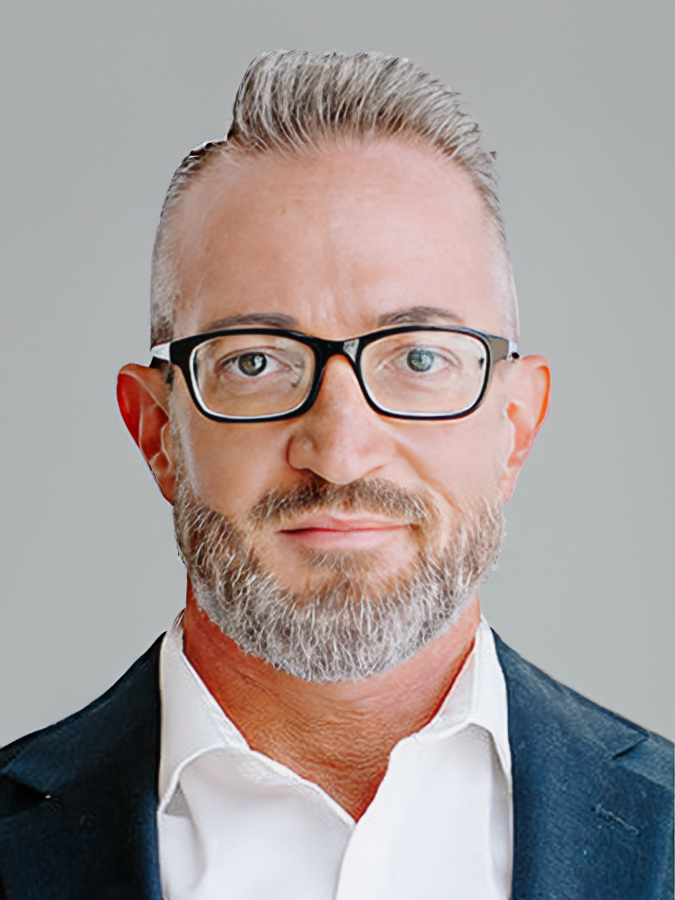The 2030 Sustainable Development Collective Fund has been created to channel the charitable giving of institutions and UHNWI philanthropists into turnkey projects in the remote and low-income communities of the developing world. The fund expects to have a transformational grassroots impact and to generate measurable socio-economic return in support of the United Nations 2030 Sustainable Development Goals.
The 2030 Sustainable Development Collective Fund is seeking private and institutional donor support for four initial projects including: a project for improving maternal mortality through the provision of mobile ultrasound scanning equipment and training; a project supporting young girls who have been victims of human trafficking, a project training Himalayan hill farmers to adapt to the impact of climate change, and a project to cure untreated blindness.
Each of the projects already exist as home-grown initiatives devised by local teams in remote and underserved low-income communities. Each is selected due to its potential to generate a very high socio-economic ‘return’ from their ‘acceleration’ thanks to the multi-year funding commitments from donor partners.
The projects being supported have the potential to transform the lives of individuals, families and entire communities. The 2030 Sustainable Development Collective Fund also expects donors to play a visible role as ambassadors for the projects that they support and as vocal advocates for the development of sustainable solutions and for wider systemic change.
The 2030 Sustainable Development Collective Fund has been created by the Michael Macfarlane Associates private office, which specialises in advising UHNWI’s and institutions on matters of reputation, legacy and philanthropy. It is a collective fund operating under the auspices of Prism The Gift Fund, registered UK charity number 1099682. All of the initial projects of the fund will be located in South Asia thanks to local knowledge and expertise.
The 2030 Sustainable Development Collective Fund also hopes to illustrate how easily a significant impact can be achieved by funding existing, locally created grassroots initiatives. Pankaj Thapa, an international development specialist at Michael Macfarlane Associates, said:
“Ultimately, change cannot be imposed upon communities, it must be home grown, but it is for the rest of the world to provide the technology and funding that is needed — often relatively small amounts of money — to help transform communities and change lives.”
More information is available at www.2030SDCF.com




